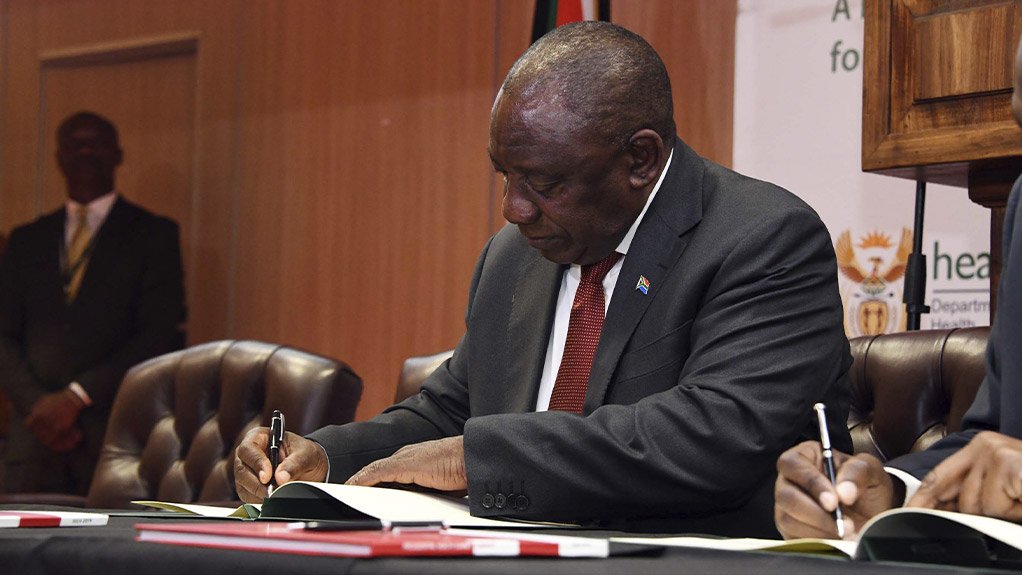After months of back and forth, the National Council of Provinces (NCOP) will send the 2025 Appropriation Bill to President Cyril Ramaphosa for assent, with only the Economic Freedom Fighters and the uMkhonto weSizwe Party opposing it.
The Appropriation Bill is a key part of the National Budget, outlining how government funds will be allocated among various departments. Once Ramaphosa signs it into law, government departments can start spending in accordance with the Act.
“Section 27(1) of the Public Finance Management Act requires the Minister of Finance to table the annual budget for a financial year in the National Assembly before the start of that financial year or, in exceptional circumstances, on a date as soon as possible thereafter,” explained Parliament.
Finance Minister Enoch Godongwana tabled the National Budget for the 2025/26 financial year, including the Appropriation Bill, in May this year, with multiple delays following.
After the passing of the Bill in the National Assembly last week, the Appropriation Bill was subsequently referred to the Select Committee on Appropriations for consideration and reporting back to the NCOP plenary sitting for adoption.
This Bill is the law that allows government to use public funds for various departments and entities, enabling them to deliver services and develop infrastructure and social programmes such as healthcare, education and social grants, while also supporting economic growth.
Eskom Debt Relief Amendment Bill
The Eskom Debt Relief Amendment Bill has also been sent to Ramaphosa for assent.
The Eskom Debt Relief Bill amends the Eskom Debt Relief Act of 2023 by reducing Eskom’s financial requirements for the 2025/26 financial year.
The Bill proposes that the amount for that year be treated as a loan, which can be converted into equity under certain conditions.
The Bill also introduces interest into the Eskom debt relief package at a market-related rate.
“The aim is to balance the interest charge and Eskom's cash flow, while reflecting a fair market-related rate. This is part of ongoing interventions to stabilise the power utility, which has faced years of operational challenges and financial crisis, and to modify its debt relief plan,” Parliament highlighted.
Now that the Bill has been passed, Parliament hopes that Eskom will have an improved balance sheet, which could lead to the entity improving its capacity to supply electricity.
EMAIL THIS ARTICLE SAVE THIS ARTICLE ARTICLE ENQUIRY FEEDBACK
To subscribe email subscriptions@creamermedia.co.za or click here
To advertise email advertising@creamermedia.co.za or click here











